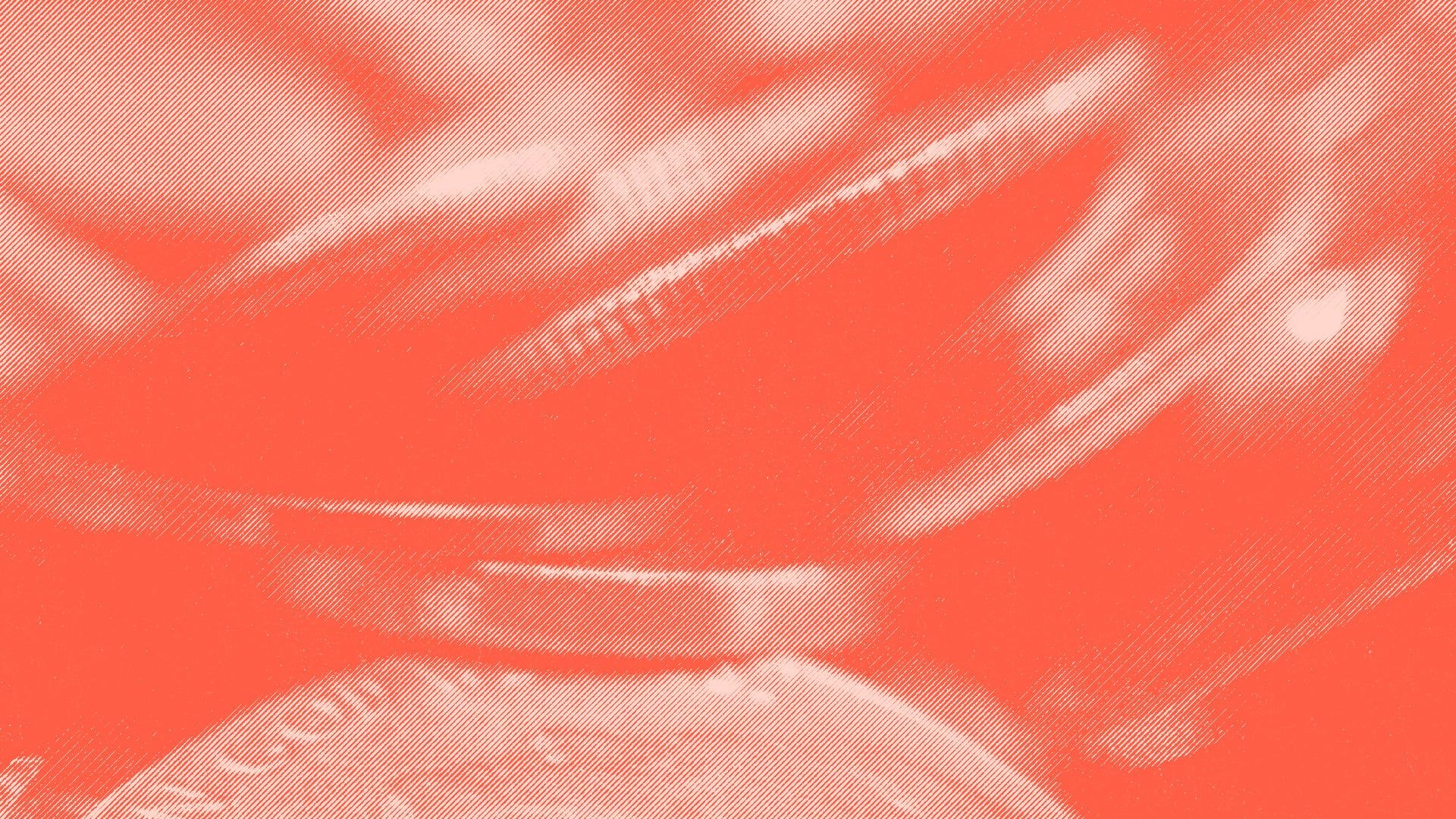Offchain: With Friends Like These

Crypto’s latest hype train lets you buy and sell shares in, well, people. Here’s a few ways of thinking about Friend.tech.
So, it’s come to this. Some enterprising crypto enthusiasts have designed a platform that lets you render yourself as a tradeable commodity. Welcome to Friend.tech, tagline “Your network is your net worth”.
Quite.
Leaving aside the ethical concerns for a moment, this does feel like the serpent scraping the barrel for food and then, because it’s still hungry, eating its own tail. Crypto, in its relentless quest to commoditise the world, is now commoditising its own priesthood, the parade of Twitter weirdos, degens and cute animal avatars that drive the broader crypto narrative.
Yet the Friend.tech frenzy is also a story of where crypto is now and how it’s changed since the… unpleasantness. So, here are three ways of looking at Friend.tech, hopefully delivered before the entire thing implodes.
And yes, I realise doing a full post about a flash-in-the-pan crypto craze that at most 1% of you might actually be involved in is stretching the bounds of newsletter accessibility. But consider it testament to where we’re at in the market cycle – the other option was stablecoins and you know you’re in trouble when that’s the most exciting thing you have to write about.

Market makers
The crudest version of the blockchain vision is that trustless, frictionless economies let you assign a market value to basically anything. For all the promise of the tech, trading is the one thing that blockchains are exceptionally good at facilitating right here, right now. I have something. I want to send it to you in exchange for another thing. There’s a blockchain for that.
And so people create markets. They create markets about markets. They do the sort of things that TradFi takes decades and thousands of people to build over the course of a weekend hackathon. It’s impressive!
But over the years this has created a savage myopia in the crypto sphere where the value of any given project is measured purely by its tradeable metrics. And for Friend.tech those metrics are going up up up. For crypto culture, that’s generally the same thing as being interesting or useful, without anyone asking if it is actually interesting or useful or likely to have a shelf life of longer than 3 weeks.
So, let’s be clear: Friend.tech describes itself as a “social app”, but it’s a vision of social being written by dudes who have to pay people to hang out with them. Even if it’s a good market, that doesn’t make it a good product.
A feeling of security
OK, I get that Gary Gensler and his goons are public enemy #1. But in some ways, I do not envy the SEC its job.
Up until a decade ago, the SEC had basically been on autopilot for its entire existence, governed by a few simple, strict rules and the knowledge that it was actually quite hard for people to break them. Setting up fraudulent investment schemes in the pre-crypto age took work, dammit. And most of the time, the people setting them up knew they were doing the wrong thing so once it all inevitably went tits up you could get on with your lives pretty quickly.
Now, though. Now you can just log onto an app using the phone that all of us own and with a few quick clicks transform your social media persona into an unregistered security. I mean, you’re not even transforming yourself per se into a security. You’re transforming the concept of your own digital influence into a security. I think this is what the Twitter techno-philosopher, roon @tszzl, was talking about when he called crypto “an insane series of nerd traps and sky high abstraction ladders”.
Much like Gary, I don’t have any easy answers here. But I would think that as securities fraud descends from a pseudo-corporate pursuit to something teens might do as a fun after school activity, we may have to introduce some new qualifiers to those time-honoured rules.
Burn baby burn
Hype cycles work differently during a bear market. As quiet steals across the culture, those things that make actual noise draw more and more attention. Sure, prices have dropped a little over the last week, but they’re still firmly in the range we’ve spent the last year building. For the moment we’re all just shuffling deckchairs on the Titanic, wondering what that white thing in the distance is.
But this also means the fuel burns faster. Friend.tech is the topic right now, much like Pepe was the topic a couple of months ago. The topic is all anyone talks about for a few weeks, just enough time for the early adopters and influencers to cash in, cash out and throw a lit match into the tinder box while they stroll away, whistling merrily.
Perhaps crypto has always been thus, but when the good times are here these cycles can last for 6 to 12 months or longer. Even if the end result is the same, there’s more time for regular folk to get involved, to build a community and to see if there is actually anything worth exploring there.
We’ll get back there; it’s just a matter of time. Because even if Friend.tech goes nowhere, or collapses like the pyramid scheme it almost certainly is, it’s a reminder that people are still out there exploring what this tech can do and how it can capture our imagination, even if only for a brief moment.
Luke from CoinJar
Don’t invest unless you’re prepared to lose all the money you invest. This is a high‑risk investment and you should not expect to be protected if something goes wrong. Take 2 minutes to learn more: www.coinjar.com/uk/risk-summary.
Cryptoassets traded on CoinJar UK Limited are largely unregulated in the UK, and you are unable to access the Financial Service Compensation Scheme or the Financial Ombudsman Service. We use third party banking, safekeeping and payment providers, and the failure of any of these providers could also lead to a loss of your assets. We recommend you obtain financial advice before making a decision to use your credit card to purchase cryptoassets or to invest in cryptoassets. Capital Gains Tax may be payable on profits.
CoinJar’s digital currency exchange services are operated in Australia by CoinJar Australia Pty Ltd ACN 648 570 807, a registered digital currency exchange provider with AUSTRAC; and in the United Kingdom by CoinJar UK Limited (company number 8905988), registered by the Financial Conduct Authority as a Cryptoasset Exchange Provider and Custodian Wallet Provider in the United Kingdom under the Money Laundering, Terrorist Financing and Transfer of Funds (Information on the Payer) Regulations 2017, as amended (Firm Reference No. 928767).

